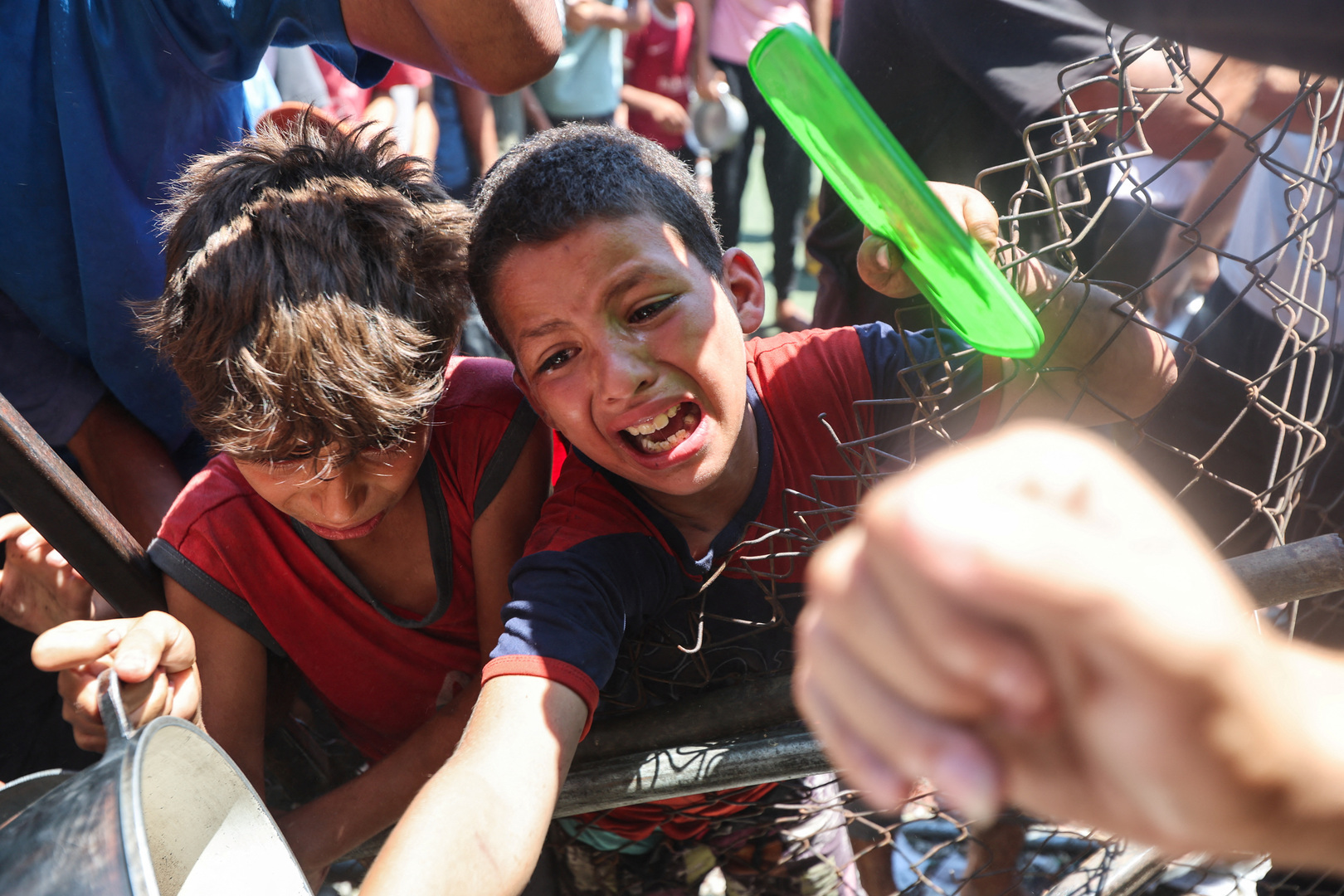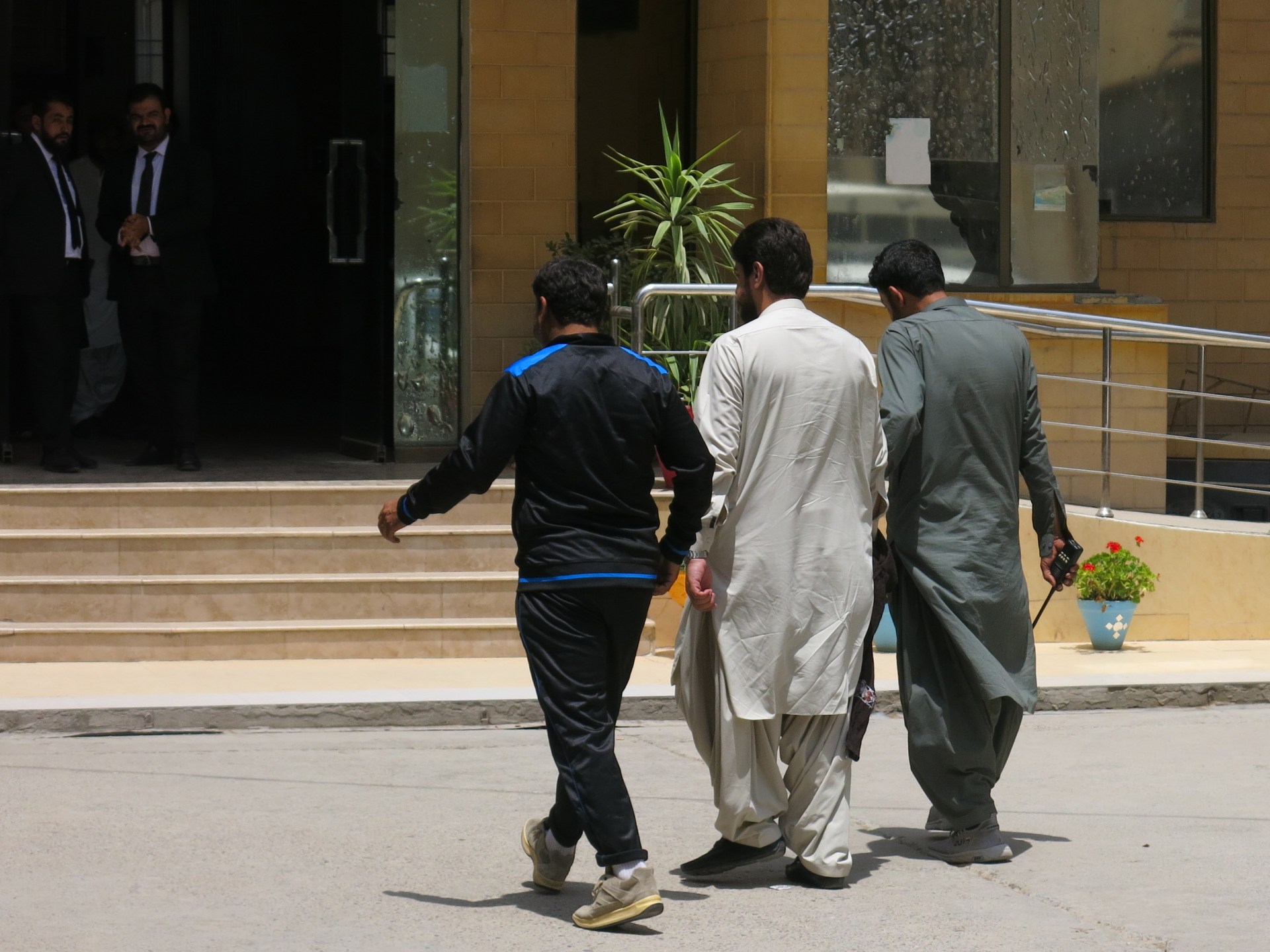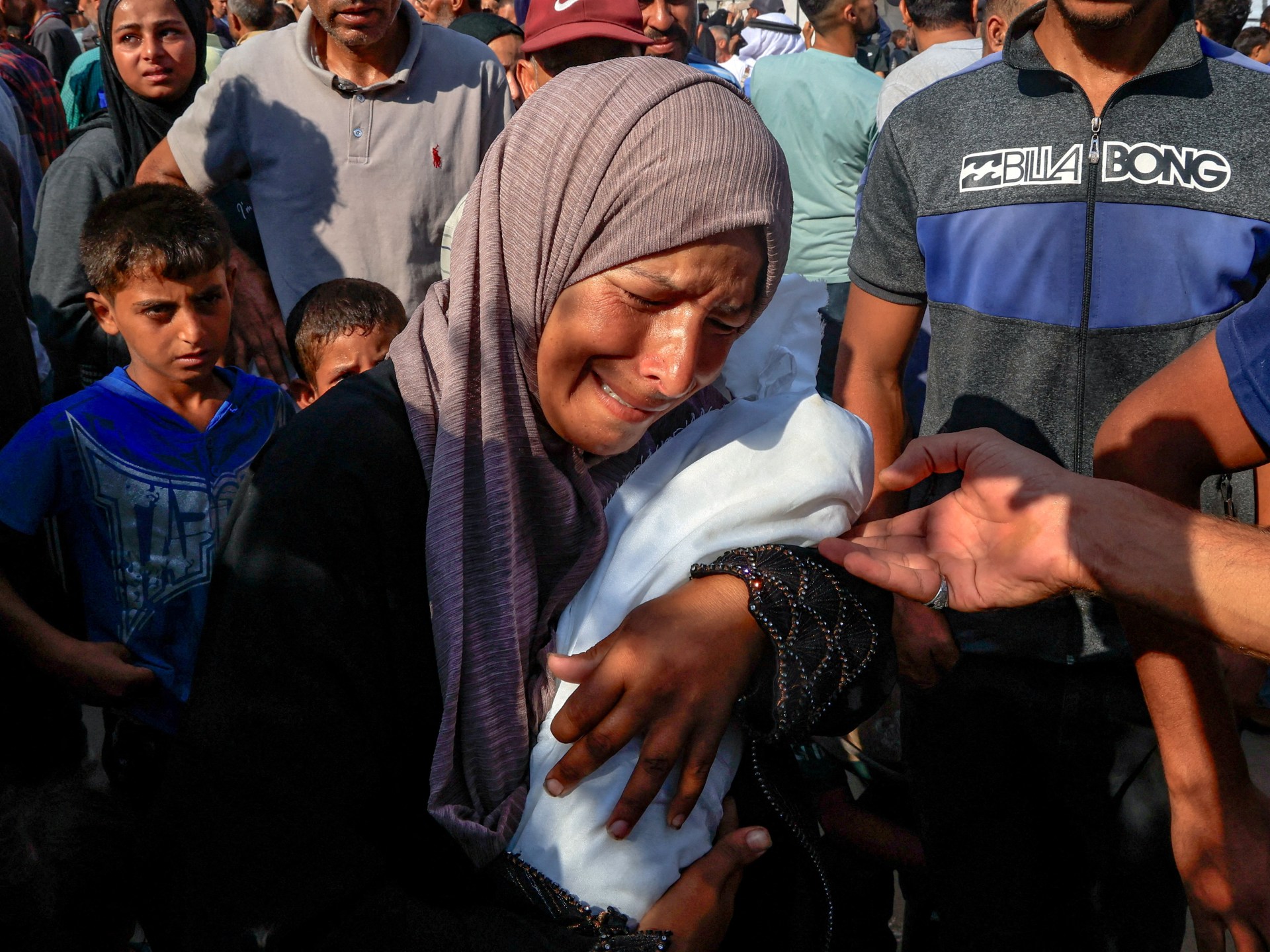No fewer than 11 UN Human Rights Council experts called on the day of the famine in Gaza on July 9, 2024.
We declare that Gaza has been a source of famine because of Israel’s intentional and targeted starvation campaign against the Palestinian people. We urge the international community to prioritize the delivery of humanitarian aid by land whenever it is necessary, put an end to Israel’s siege, and declare a ceasefire, according to their statement.
The experts included Francesca Albanese, special rapporteur on the situation of human rights in the Palestinian territory occupied since 1967, Michael Fakhri, special rapporteur on the right to food, Pedro Arrojo-Agudo, and special rapporteur on the human rights to safe drinking water and sanitation. According to them, no room was left for equivocation in the death of children from starvation in central Gaza despite all efforts to give them medical care.
There is no consensus in international law regarding “famine,” despite the fact that it is generally understood as an acute lack of nutrition that would cause a group of people to starve and die or to completely wipe out a population.
The Integrated Food Security Phase Classification (IPC), a five-stage quantitative humanitarian scale used to map a population’s food insecurity, was created by the Food and Agriculture Organization (FAO) in 2004.
When food insecurity is identified and food insecurity is identified, the evaluation tool aims to encourage collective action and reduce the IPC scale to Level 5 when famine is confirmed and declared. For the past 20 years, FAO, World Food Programme (WFP), and their partners have used it as a scientific, data-driven tool.
Extremely few households in an area are affected by acute malnutrition, over 30% of children are malnourished, and the death rate exceeds two per 10,000 people per day, according to the IPC’s quantifiable criteria for declaring famine. When these three criteria are met, “famine” must be declared. Although it doesn’t impose any legal or treaty obligations, it still sends a powerful political message that international humanitarian aid needs to be taken.
If the aforementioned experts could come to a consensus over a year ago that there was a famine in the beleaguered Gaza Strip, why haven’t the competent UN organizations and executive heads come to the same conclusion? Level 5 has been under more than four months of a medieval siege.
The horrific levels of food insecurity that are prevalent thanks to real-time information being transmitted to smartphones worldwide is glaring and unconscionable. The brutal account of the unwavering Israeli occupation forces’ blockade of Gaza is illustrated in images of decaying bodies that resemble those found in Nazi concentration camps.
Yet, “famine” is still unidentified in spite of UNRWA’s (UNRWA) warnings from July 20 that one million children in Gaza are at risk of starvation.
The IPC scheme’s requirement for the necessary data to be used to justify not declaring “famine” in Gaza appears to be untrue. Since Israel forbids journalists and some humanitarian workers from entering the Gaza Strip, this may be the case. Therefore, IPC analysts lack the primary data collection tools that they do for the remaining 30 or so situations they monitor. However, humanitarian considerations should prevail over technical requirements when the physical evidence is readily visible and reliable data is available.
Political considerations override the sense of duty and professional imperatives in today’s culture of the UN system, which is perplexed by a US administration that has run amok against it. The people in charge are aware of what is right (or should be) and what could harm their reputation and careers.
The US government’s ad hominem attacks on and sanctions against UN Special Rapporteur Francesca Albanese and Chief Prosecutor of the International Criminal Court (ICC) are a powerful reminder that these positions are vulnerable. Her pro bono work and steadfastness make her steadiness and courage even more exemplary because Albanese’s is not even a “job.”
Although Secretary-General Antonio Guterres is one of the top UN executive heads, there are more complicated calculations to be dealt with, with some imposing sanctions on the organization they lead being the most important. According to the proverb, “money talks,” and the US contributes the least to the UN system.
However, it is no longer a good idea to stop the concerned UN organizations from retaliating against Washington, if it ever was, now that the US Congress has passed an unprecedented bill defunding the UN system.
The ICC Statute states that starvation of civilians constitutes a war crime when engaged in international armed conflicts. The full siege of Gaza since March 2 that has left civilians and children starving has fallen under Article 8 of the Statute, making matters even more important because it was the result of a deliberate and declaratory policy that has been denying humanitarian assistance for months.
Palestinians are starving to death in this man-made famine while their hunger is raging in the face of the world’s audible silence, and tons of food will go to waste on the Egyptian side of the border while awaiting Israeli border entry. More than 900 Palestinians who sought assistance at alleged humanitarian distribution sites have been killed by Israeli troops and foreign mercenaries hired by the Gaza Humanitarian Foundation. According to the WFP, 19 people died from starvation in a single day on July 20; according to the Gaza Ministry of Health, 90 000 children and women need urgent care for malnutrition. And it’s getting worse.
It’s high time for the UN to officially declare that “famine” is occurring in Gaza, according to Michael Fakhri, Pedro Arrojo-Agudo, and Francesca Albanese, who stated it a year ago.



